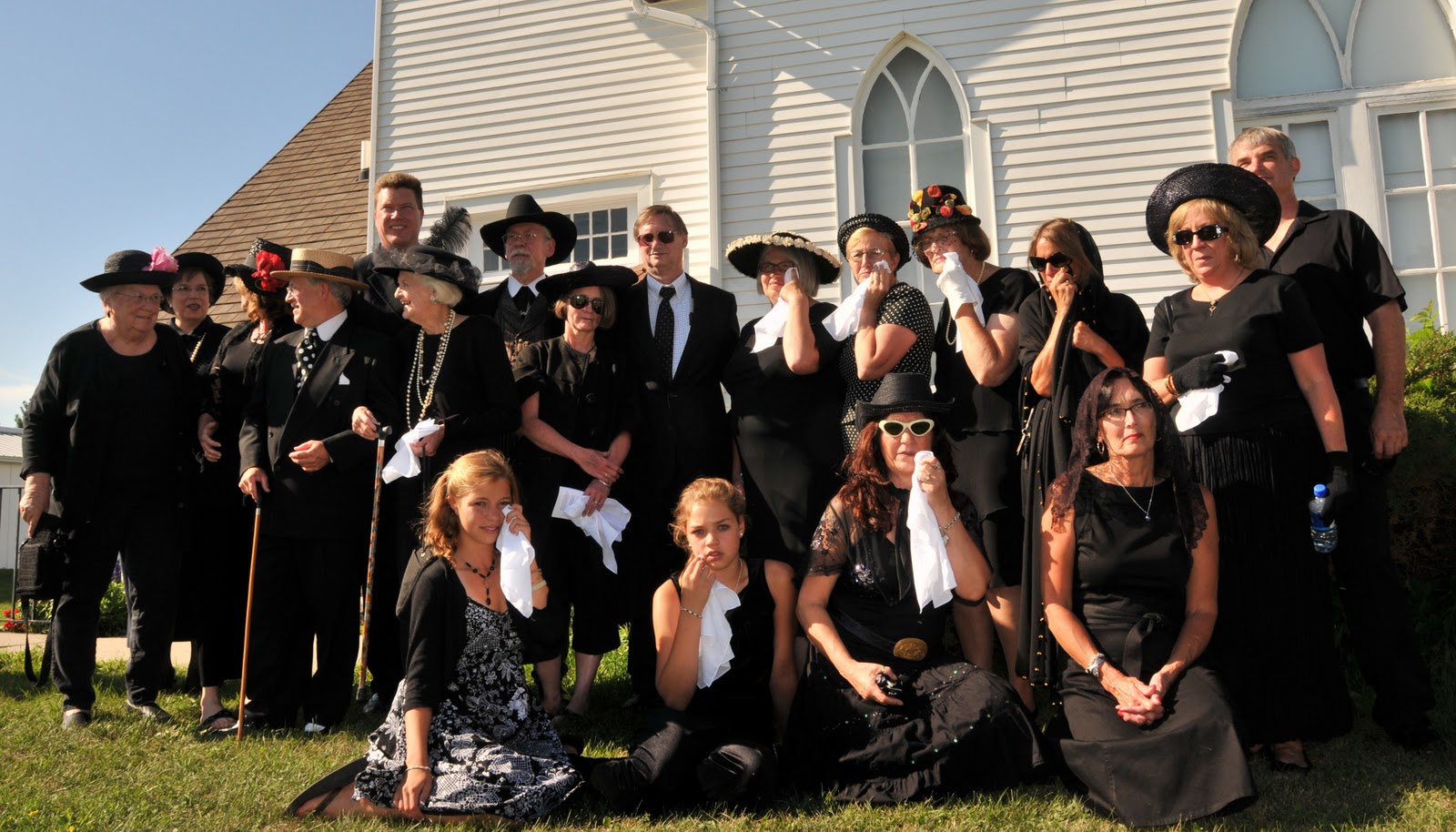In 2013, a unique and somewhat unconventional business entered the funeral industry, offering a service that raised eyebrows and sparked discussions—Rent-A-Mourner. This innovative venture aimed to provide solace and support to grieving families by offering professional mourners to attend funerals. Join us as we delve into the curious world of Rent-A-Mourner, exploring its origins, purpose, and the conversations it stirred within the realm of grief services.
The Genesis of Rent-A-Mourner: A Novel Approach to Funeral Services
Rent-A-Mourner was founded with the idea of addressing a nuanced aspect of funeral planning—the desire for a fuller attendance and a supportive atmosphere during memorial services. Recognizing that not everyone has an extensive social circle or a close-knit community, the business offered a solution by providing individuals to fill the pews, offering a semblance of shared grief and support.
How it Works: The Mourning Rental Experience
Rent-A-Mourner provided clients with the option to hire professional mourners who would attend funerals or memorial services. These hired mourners, trained to convey a respectful and solemn demeanor, offered their presence to support grieving families during difficult times. The service was marketed as a way to ensure a more dignified farewell for the departed, especially in cases where the turnout might be modest.
Navigating Social Expectations: The Purpose of Rent-A-Mourner
Rent-A-Mourner addressed a complex societal challenge—the expectation of a significant turnout at funerals and the impact this expectation can have on grieving families. In instances where individuals may not have an extensive social network or community, the service aimed to alleviate the potential stigma associated with sparsely attended funerals, providing a compassionate solution to navigate these social expectations.
Ethical Considerations: Discussions and Debates Surrounding the Service
The introduction of Rent-A-Mourner sparked ethical debates within the funeral industry and wider society. Critics questioned the authenticity of the grieving process when professional mourners were involved, while others argued that the service met a genuine need for those who lacked a support network. The ethical considerations prompted a broader discussion about societal expectations surrounding funerals and the ways in which grief is expressed and supported.
Cultural Variances: Rent-A-Mourner Around the World
Rent-A-Mourner was not limited to a single cultural context; variations of similar services were offered in different parts of the world. In some cultures, the concept was embraced as a pragmatic solution, while in others, it was met with skepticism and cultural reservations. The cultural variances highlighted the diverse ways in which societies approach grief and mourning practices.
Legacy and Continued Discussions: Rent-A-Mourner’s Impact on Funeral Customs
While Rent-A-Mourner may not have revolutionized the funeral industry, it did prompt important conversations about the expectations and norms surrounding memorial services. The legacy of Rent-A-Mourner lies in its role as a catalyst for examining societal attitudes toward grief and mourning, encouraging a more open dialogue about how individuals express and receive support during times of loss.
Conclusion: Rent-A-Mourner’s Unconventional Contribution to Grief Support
Rent-A-Mourner, with its unconventional approach to grief services, prompted a reassessment of societal expectations surrounding funerals. As the business navigated the delicate balance between providing support and addressing ethical considerations, it encouraged a broader conversation about the evolving landscape of grief support and the cultural nuances that shape mourning practices. While not without controversy, Rent-A-Mourner leaves a mark as a thought-provoking venture that challenged traditional notions of farewell gatherings and opened the door to discussions about the diversity of grieving experiences in contemporary society.

